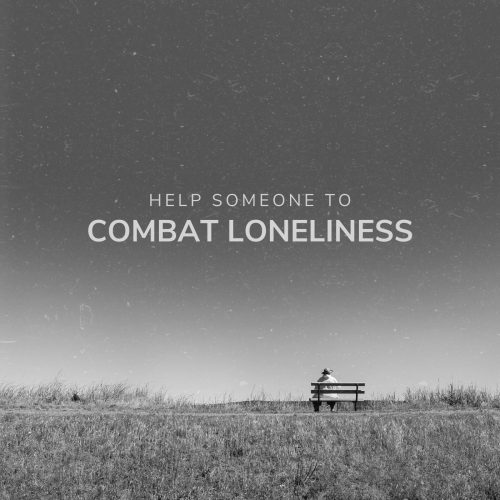
Supporting loneliness for those who are socially isolated.
The British Red Cross & Co-op (2016) identified that loneliness was becoming one of the biggest health concerns across the UK. They estimated that at that time 9 million people stated that they “often” or “always” felt lonely. A statistic which we can all imagine has only worsened during and after the COVID pandemic.
In social care, we have supported some of the most vulnerable members of our community to reduce social isolation. The research of Byrne et al (2022) which demonstrated that 30-44% those with a history of stroke report experiencing loneliness. As a specialist provider of support to those who have experienced a brain injury, VP know that loneliness is intensified by many factors. It therefore becomes important as to how we combat this, however many people do not know how to start the journey for themselves and so may need help to do so.
Here are some tips from VP as to how you can support others to start the journey to feeling less lonely:
- Feelings of loneliness are linked to self-esteem and self-confidence. Self-care becomes important. Help your person to start thinking about what self-care means to them and identify things that make them feel good.
- Encourage them to open up to someone they trust, even if this is not you. This could be a friend, a family member, a doctor or therapist or a support worker. This does not have to be pressured face-to-face contact. Suggest starting with sending a text or reach out via email / social media.
- Help search for peer support groups in the persons local area. Being around those that understand our feelings makes us feel heard and valued, naturally starting to reduce loneliness.
Making simple and small changes day-to-day helps us to feel better about ourselves and increase our ability to connect well with others.
- Encourage Physical activity – This will in turn help mental and emotional wellbeing.
- Get out into Nature – some report this improves a sense of wellbeing and getting outside of the same four walls reduces the feeling of isolation.
- Spending time with animals – Some people find that this can help with feelings of anxiety and help us to show our compassionate side.
- Plan for the special occasions – for many people, Christmas, New Year and birthdays or on certain anniversaries highlight loneliness. Making plans for this times of year and bookings activities will help to reduce their negative impact.
- Accessing Therapy – can help exploring what “feeling lonely” means to each individual. A Therapist can help us to understand our feelings and to use strategies to help ourselves.
If you would like to join our team and support the effort to combatting loneliness, please complete our application here.
For anyone who experiences loneliness but you are not receiving any support. You can reach out to several organisations, here are some links to help
Get help with loneliness | British Red Cross
Loneliness – useful contacts – Mind
back to all news